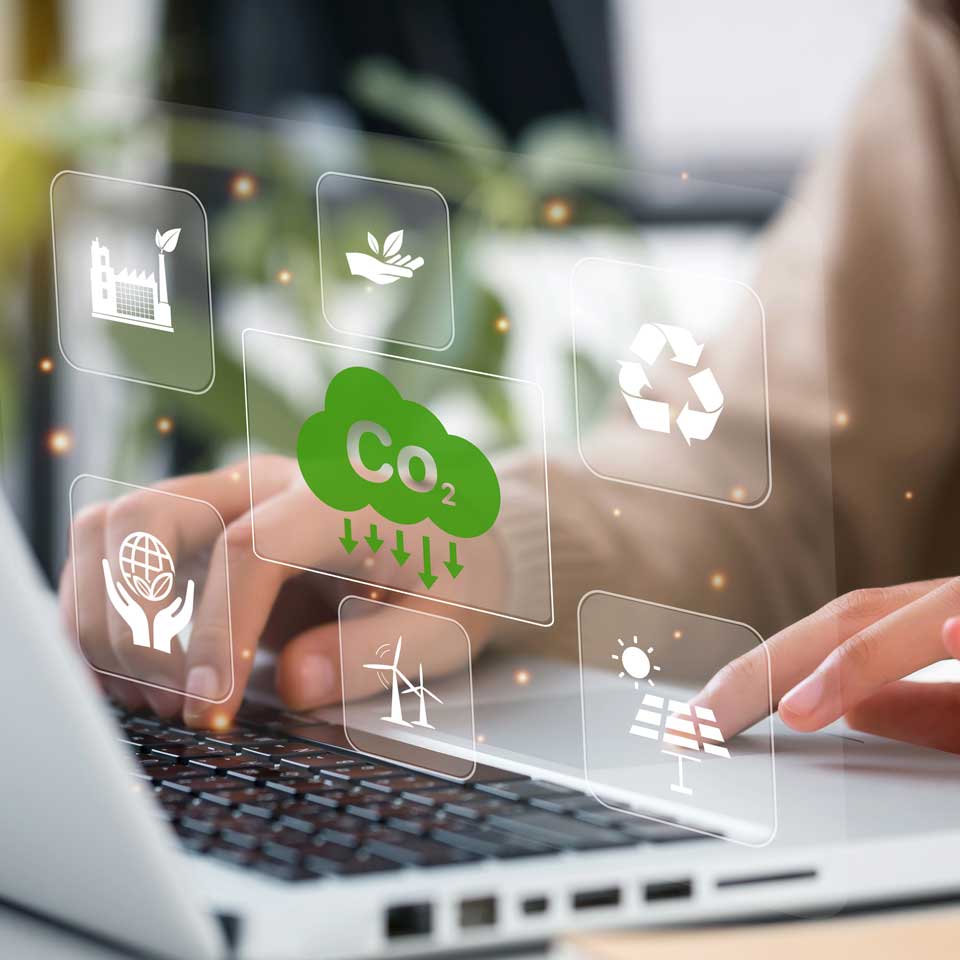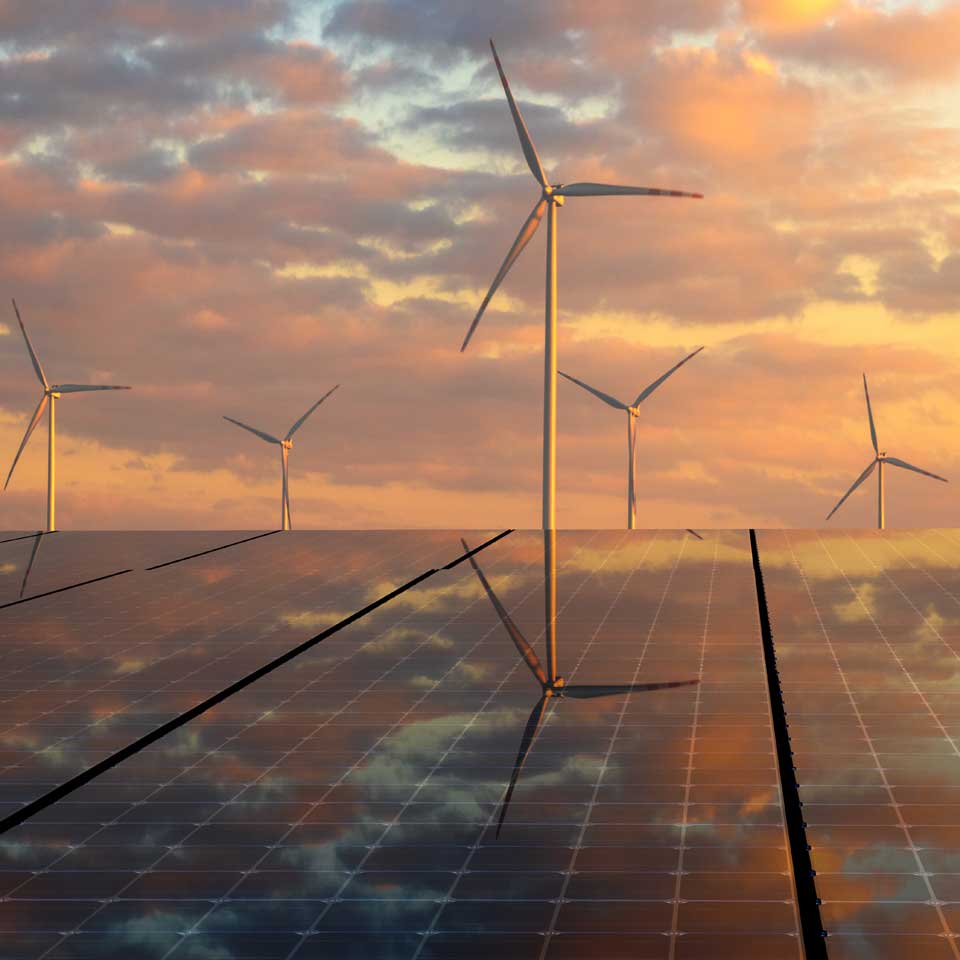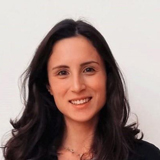Carla Cannone
Research Associate – Geography and Environment
Carla is an energy engineer with a multidisciplinary background in modelling energy systems, sustainability, and related societal challenges. She has expertise in developing energy modelling tools as well as leading international capacity-building activities. Alongside her PhD research, she is a Research Associate for the Climate Compatible Growth Programme (Loughborough Centre for Sustainable Transitions) and the Centre for Environmental Policy (Imperial College London). Additionally, she has served as a consultant for the International Atomic Energy Agency.
Enabling sustainable energy policy decision-making
To achieve net-zero emissions, a country must completely re-organise its energy sources and systems by 2050. As well as the will to change, this transition requires data and tools and the re-education and upskilling of researchers and policymakers worldwide. Support must be given to developing countries so that they too can achieve this urgent goal. Carla's research is part of this agenda – ensuring that everyone, everywhere can be part of the green revolution.
Drawing on the IPCC report (August 2021), UN Secretary-General António Guterres has described the climate crisis as "code red for humanity" – warning that we can no longer delay international decisions to reduce greenhouse gas emissions.
However, people need the data, tools, and skills to implement change.
I've long been passionate about addressing the climate emergency – and my ongoing research explores the interaction between data, energy models, modellers and policymakers in the broader context of sustainable energy planning.

I'm particularly interested in how an energy modelling ecosystem could create an enabling environment to improve the energy policymaking process and mobilise investment to support our and the planet's well-being.
To this end, as part of the OpTIMUS Community of Practice, I'm working on international capacity-building activities in the Global South – developing accessible teaching materials, data, and user-friendly modelling tools to effect positive change.
To date, I've created an energy modelling software, 70 starter data kits for developing countries, an online open-source course with the Open University, a novel methodology to compile an energy transition model, and organised several international capacity-building events worldwide.
Over the coming years, I hope to continue my research – supporting as many people as possible to accelerate the global low-carbon transition.

I hope to reach and train about 500 government energy policy analysts and academics over the coming 12 months.
Meanwhile, I'm supporting the learning of a new cohort of Loughborough students through an innovative master's module which I helped to design and deliver – Economic Modelling and Policy for Sustainable Development (part of the Masters in Climate Change Politics and Policy).
My goal is to bridge the gap between energy modellers and policymakers by aligning investment with modelling insights to improve the energy policymaking process and accelerate action for sustainable development.
My research journey
I come from Puglia - the so-called heel of Italy - where the sun shines most of the year...
I first considered working in the field of solar energy when I visited a photovoltaic (PV) power plant at the age of 13, during a school trip.
Later – while studying astronomy – I learned that in a single hour the sun showers the earth with more energy than the entire global population consumes in a year.
With this in mind, I started a BSc in Energy Engineering at the University of Bologna. As an undergraduate, I won a competitive Erasmus scholarship to study at the University Carlos III of Madrid.
When I graduated in 2017, I worked as an Associate Engineer at Quintas Energy, an energy management company in Seville. I handled a broad portfolio of PV power plants and managed customer relations – being fluent in Italian, English and Spanish was particularly valuable for this role.
I then embarked on my postgraduate studies, pursuing a double-degree Masters with the KTH Royal Institute of Technology in Stockholm and the Polytechnic University of Catalonia (aka BarcelonaTech) as part of the EIT InnoEnergy Masters School.
The course – Sustainable Energy Systems – allowed me to explore the complexities of the global transition to clean energy. I got hands-on experience solving real-world energy challenges, focusing on the social aspect of the energy transition.
During my Masters, I secured a Teaching Assistant Internship with the Summer School of Modelling Tools for Sustainable Development convened at the ICTP Centre and organised by several international organisations, including the UN. There, I quickly learned to adapt to a new environment and work effectively with people of different levels of energy modelling expertise.
After spending time with some of the Summer School participants who had little previous modelling experience, I laid the foundations of my Masters thesis’ research questions which looked at creating a new and more user-friendly interface for OSeMOSYS – an open-source energy model.
Over time, my Masters thesis evolved into my PhD project which I started in 2021 when I joined Loughborough.
At the same time, I took on my roles with the Climate Compatible Growth Programme (CCG), the Loughborough Centre for Sustainable Transitions: Energy, Environment and Resilience (STEER) and the Centre for Environmental Policy (CEP) at Imperial College London.
I’ve also continued my work with the ICTP Summer School (2021 and 2022) – as a Co-director and teacher.
The best part of my work is applying my research in a real context while meeting and learning from people around the world. Over the coming years, I hope to continue my research – supporting as many people as possible to accelerate the global low-carbon transition.
